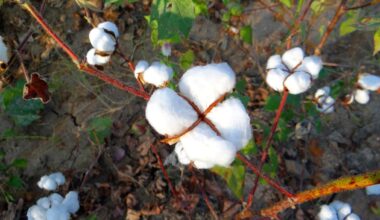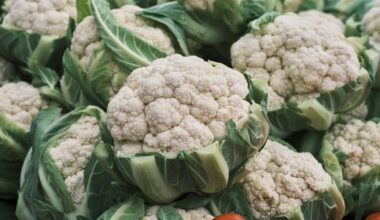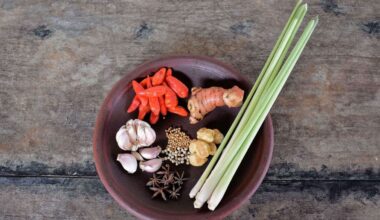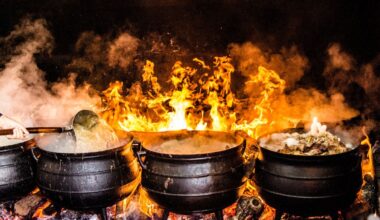Peanuts, a humble legume with a versatile nature, have woven themselves into the fabric of global cuisine and agriculture. From crunchy snacks to creamy spreads, peanuts offer a range of culinary delights. In this exploration, we uncover the top 10 fascinating facts about peanuts, shedding light on their rich history, nutritional prowess, and cultural significance.
Peanut Origins and Cultivation
Peanuts, scientifically known as Arachis hypogaea, have a fascinating origin story. Native to South America, peanuts were domesticated around 7,600 years ago. They belong to the legume family and grow underground, making them unique among legumes. Today, peanuts are cultivated in various warm climates across the world.
Nutritional Powerhouse
Peanuts pack a nutritional punch, making them a valuable addition to a balanced diet. Rich in protein, healthy fats, and essential vitamins and minerals, peanuts contribute to overall well-being. They are a good source of niacin, folate, vitamin E, and manganese. The combination of protein and healthy fats makes peanuts a satisfying and nourishing snack.
Peanut Varieties Galore
There’s more to peanuts than the familiar snack at the ballpark. Peanuts come in various varieties, each with its unique characteristics. Virginia, Runner, Spanish, and Valencia are among the common types of peanuts. These varieties differ in size, flavor, and intended use, offering culinary versatility for both consumers and food manufacturers.
The Peanut Butter Craze
Peanut butter, a beloved spread enjoyed by people of all ages, has become a culinary phenomenon. It is estimated that the average American consumes around three pounds of peanut butter per year. The creamy or crunchy debate aside, peanut butter is not just a tasty treat; it’s also a convenient and protein-rich addition to meals and snacks.
Peanut Allergies
While peanuts are a nutritional powerhouse for many, peanut allergies affect a significant portion of the population. Peanut allergies are one of the most common food allergies globally. The severity of peanut allergies varies, with reactions ranging from mild discomfort to life-threatening anaphylaxis. Ongoing research aims to better understand and manage peanut allergies.

Historical Significance
Peanuts have played a significant role in various cultures and cuisines throughout history. In ancient South American civilizations, peanuts were considered a staple food. The spread of peanuts around the world was facilitated by European explorers during the Columbian Exchange. Today, peanuts are integral to the culinary landscapes of Asia, Africa, and the Americas.
Peanuts and George Washington Carver
George Washington Carver, a prominent African American scientist and inventor, made significant contributions to the study and promotion of peanuts. Carver developed numerous uses for peanuts beyond food, including peanut oil, peanut milk, and peanut-based dyes. His work helped elevate peanuts from a regional crop to a globally recognized commodity.
Peanut Festivals Celebrate the Legume
Peanuts are celebrated in various festivals around the world, honoring their cultural and economic importance. The National Peanut Festival in the United States, held in Dothan, Alabama, is one such event. These festivals often feature peanut-themed contests, parades, and culinary competitions, showcasing the versatility of peanuts in different culinary creations.
Peanut Industry and Economy
The peanut industry is a significant contributor to the global economy. Countries like China, India, and the United States are among the leading producers of peanuts. Peanuts are not only consumed as snacks and food products but also used in the production of peanut oil, peanut flour, and a variety of industrial applications.
Sustainability Challenges and Initiatives
While peanuts are a valuable crop, their cultivation does pose environmental challenges, including water consumption and land use. Sustainable farming practices and ongoing research aim to address these issues. Initiatives such as crop rotation, water-efficient farming methods, and improved harvesting techniques contribute to the long-term sustainability of peanut cultivation.
Peanuts, with their rich history, nutritional benefits, and culinary versatility, have earned their place as a staple in diets worldwide. From the spread of peanut butter on a sandwich to the crunchy satisfaction of roasted peanuts, this legume continues to be a beloved and essential part of global cuisine. As we savor the many flavors and forms that peanuts take, it’s worth appreciating the agricultural ingenuity and cultural impact that this unassuming legume brings to our tables.










